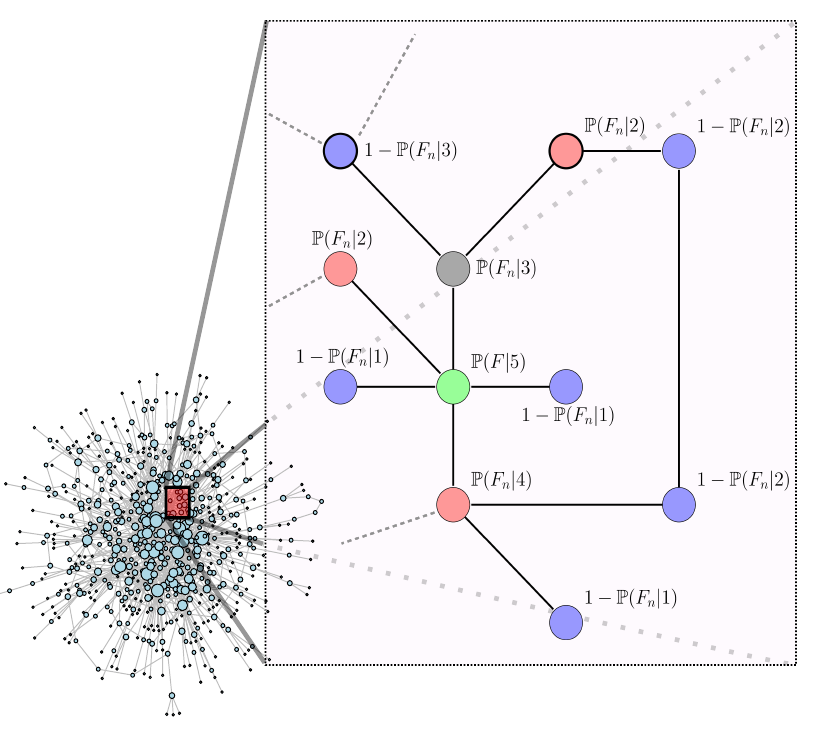How damage diversification can reduce systemic risk
Rebekka Burkholz, Antonios Garas and Frank Schweitzer
Physical Review E (2016)
Research: Systemic Risks
Abstract
We study the influence of risk diversification on cascading failures in weighted complex networks, where weighted directed links represent exposures between nodes. These weights result from different diversification strategies and their adjustment allows us to reduce systemic risk significantly by topological means. As an example, we contrast a classical exposure diversification (ED) approach with a damage diversification (DD) variant. The latter reduces the loss that the failure of high degree nodes generally inflict to their network neighbors and thus hampers the cascade amplification. To quantify the final cascade size and obtain our results, we develop a branching process approximation taking into account that inflicted losses cannot only depend on properties of the exposed, but also of the failing node. This analytic extension is a natural consequence of the paradigm shift from individual to system safety. To deepen our understanding of the cascade process, we complement this systemic perspective by a mesoscopic one: an analysis of the failure risk of nodes dependent on their degree. Additionally, we ask for the role of these failures in the cascade amplification.

